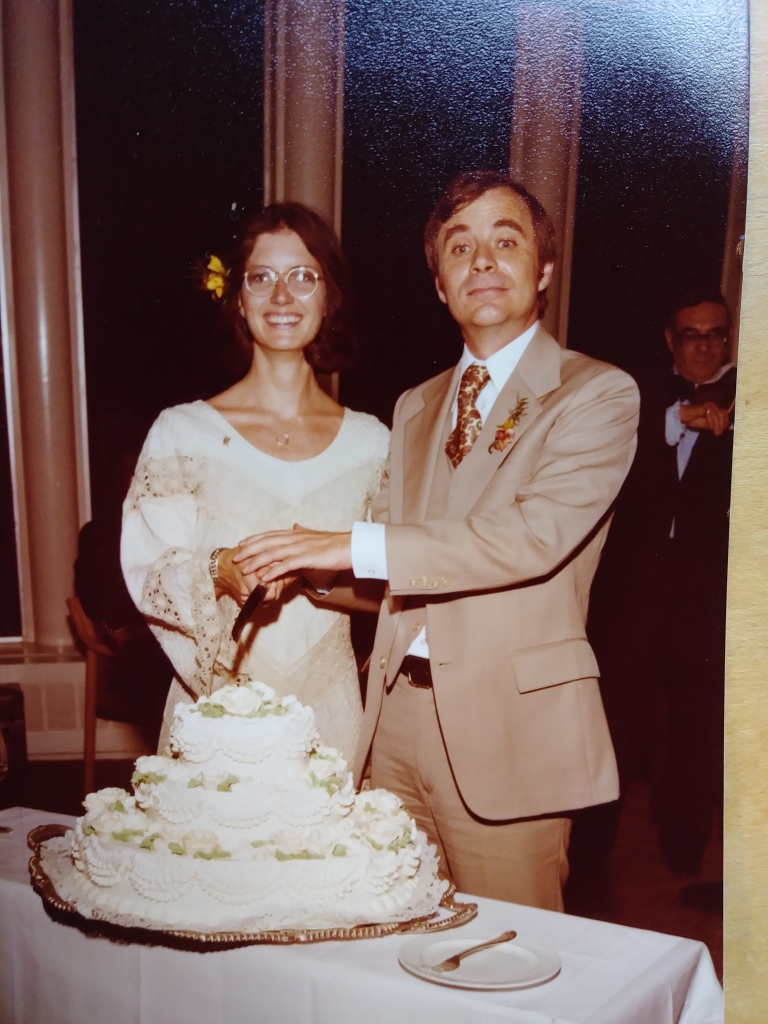“AVE FIT EX EVA” – JMWW (left click to see the story)
Some years ago, working towards the forever elusive Master’s degree in European Culture and Philosophy, I came across two quotes that sparkled:
ONE
“. . . though God says that if Adam eat of the tree of good and evil, he will die, the serpent denies it, and the serpent turns out to be right. Did God start things off by lying to man? And the serpent by telling man the truth?” (Morse Peckham, Beyond the Tragic Vision)
So God lied? Huh. What a concept! God!–devious as a politician? Serpent as a truthsayer, a regular stand-up . . . um, wait . . .
AND, TWO
“That I might be wiser! That I might be wise through and through like my serpent!” (Nietzsche, Thus Spoke Zarathustra)
Was the Eden serpent (Biblical Satan) wiser? Was the First She truly the seemingly vapid, gullible First Woman? Was Eve beguiled thereby to force a more adventurous future than could be possible in the Paradise she and Adam found themselves? Eve does not have much literal representation in the Bible (nor does Mary), yet Original Sin is the underpinning for just about everything upon which modern BVM faith, myth, and women’s attributes are based. Beautiful and heroically devoted? Corrupt? Or just dumb as a stump? What if God and Satan, alias serpent, were complicit? Did God and Satan collaborate so that everything was cleverly arranged to ensure Man and Woman had a future outside the gates of Paradise? Is this why God lied, and the serpent spoke the truth?
Or have I been watching too much (or many) “Good Omens“?
What if? . . . the two most beautiful and fecund words for a fiction writer . . . what if Eve was suspicious about the Garden of Eden? What if she didn’t trust that guy that wanders through telling them lies? What if she thought for herself? What if she was wise enough to push the escape button? Get the hell out!
I like that Eve.
Ave fit ex Eva , which was published this spring 2023 on the blog, JMWW, was another one of those stories I wrote that languished in a file drawer for years, until my daughter said, “Send this person something!” I remembered my Garden of Eden story and read it again with fresher eyes. The title comes from a medieval Advent carol about the Annunciation. It has been a frequent choir piece for Advent Lessons and Carols at Bethesda Episcopal Church in Saratoga Springs. Here’s a recording of it, if you’d like to listen. This is not the Bethesda Choir but it will do: Nova Nova Ave fit ex Eva. (I dig the crazy 15th century combo, too.)
One retired UCC minister called this piece “a feminist take” on the story of Eve. That made me very proud. Whatever you make of those quotes, the music, my hypothesizing, or the story; I am always honored when someone reads my stuff. Many thanks to JMWW (and thank you Margaret Adams, senior fiction editor!) for a lovely chance to get this story out there. It is my time, my place as an aging woman, to begin posting my such-as-it-is cronish truth, for which the serpent in my story seems to advocate.
P.S. I recently read the novella, The Testament of Mary, by Colm Toibin. It is an eloquent reimagination of the Gospel from Mary’s point of view. I recommend it.









